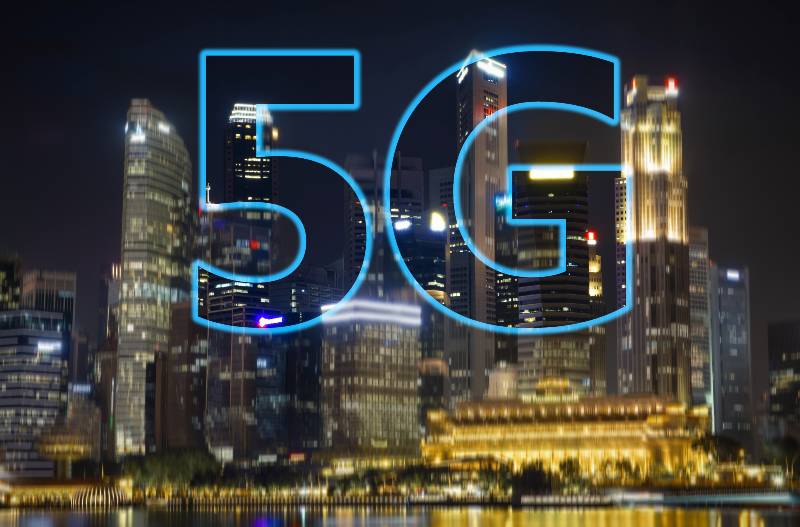5G Technology
AT&T and Verizon Won’t Delay 5G Rollout Despite Govt Request

Communications carriers AT&T and Verizon denied the US government’s request to delay the planned 5G rollout this January 5.
The US Department of Transportation and the Federal Aviation Authority asked for a moratorium following concerns over safety. However, both AT&T and Verizon did offer temporary new safeguards to assuage concerns.
RELATED: Boeing and Airbus Warn Over 5G Technology Safety Concerns
Transportation Department and the FAA Requested 5G Rollout Delay

US Transportation Secretary Pete Buttigieg and Federal Aviation Administration chief Steve Dickson earlier recommended postponing the 5G rollout. The plan was to delay the rollout by two weeks.
Earlier, the communications companies delayed the 5G rollout for a month following the same concerns for aviation safety.
This time, however, AT&T CEO John Stankey and Verizon CEO Hans Vestberg said Friday that they won’t budge.
Instead, both companies offered not to deploy 5G around airports for six months. Other than that, they rejected any broader limitations on using the C-Band spectrum.
AT&T, Verizon Say No More Delays in 5G Rollout
In rejecting the request, the companies said they need to start rolling out in order to compete with other countries.
The wireless carriers won the C-Band spectrum via an $80 billion bid via government auction. They previously agreed to precautionary measures for six months to limit interference.
However, the upgrades are essential if the US wants to catch up to 5G leaders like China. It can also help improve remote work experiences.
In a joint letter, the two companies said that the Transportation Department proposal is counterproductive. Any delay would be an “irresponsible abdication” by the department of the operating control to deploy modern networks.
Aviation Industry Concerns
Both the FAA and the Aviation Industry raised concerns about the possible interference of 5G networks with aircraft communications.
These include the possibility of disrupting sensitive aircraft electronics like radio altimeters. Interference on this equipment can disrupt or even endanger flights.
Sara Nelson is president of the Association of Flight Attendants-CWA (AFA), which represents 50,000 workers in 17 airlines.
She posted on Twitter Sunday about their concerns for potential 5G issues. She emphasized that the industry has no incentive to delay the 5G rollout except over safety.
In addition, the Air Line Pilots Association also backed calls for a postponement. Another trade group, Airlines for America, also supported the 5G rollout delay.
It warned of possible delays for thousands of flights daily. If the wireless carriers will not listen, AFA might consider going to court.
It also urged the Federal Communications Commission (FCC) and the telecoms industry to work with the FAA and the airlines.
Together, they can “enable the rollout of 5G technology while prioritizing safety and avoiding any disruption to the aviation system.”
Exclusion Zone Around Airports
Government and industry officials say that the exclusion zones proposed by the carriers are smaller than expected. Buttigieg and the FAA proposed identifying priority airports with buffer zones.
This allows aviation operations to continue while the FAA continues its study of 5G’s effects on aircraft electronics.
However, AT&T and Verizon said that their proposal is the same as the one currently used in France. Slight modifications were made to accommodate how the US utilizes the C-Band.
“The laws of physics are the same in the United States and France. If US airlines are permitted to operate flights every day in France, then the same operating conditions should allow them to do so in the United States,” the companies said.
Watch the CNBC Television video reporting that US officials ask AT&T, Verizon to delay 5G rollout over aviation safety concerns:
Who do you think should give way in the ongoing brouhaha over the 5G rollout? Should wireless companies approve a delay so that the airline industry can continue its studies?
Or, should airline officials not get in the way of progress and let the 5G rollout continue?
Tell us what you think. Share your thoughts in the comments section below.















